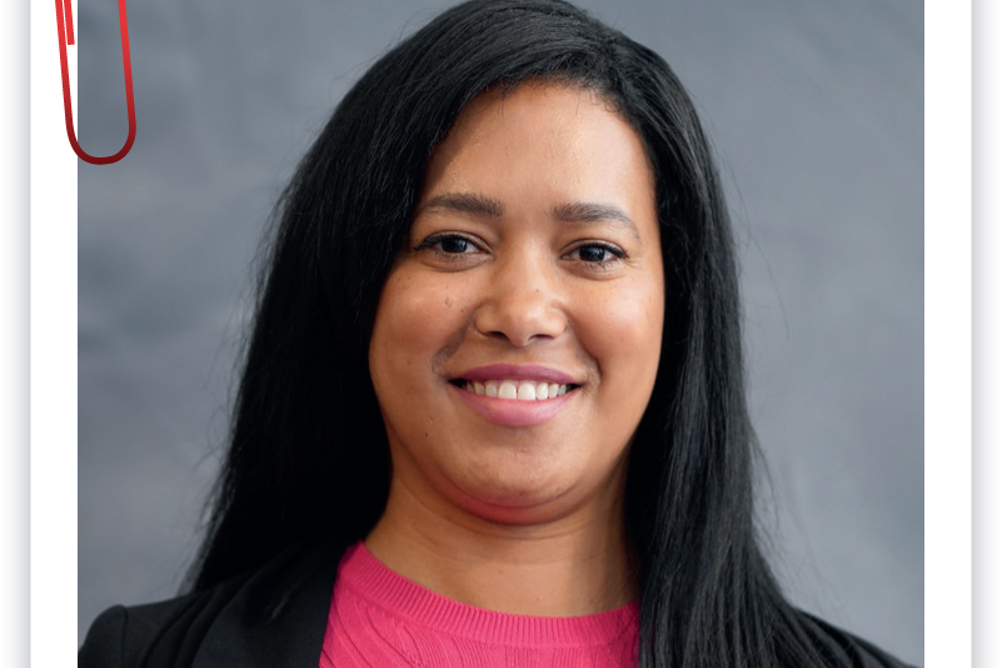
Inspired by professionals
If you had asked me in my youth, I would have said I was the typical teen. I was very creative, enjoying art and dance, with an obsession for ice skating. In reality, I wasn't so typical. I was raised in a single-parent household, the eldest of five, and a young carer to my mum and siblings due to my mum's mental health challenges. I didn't talk much, and suddenly I found myself catapulted into an unknown journey, speaking with various professionals. It was overwhelming, but I met some amazing care professionals, one of whom was a dramatherapist. She spoke my language, though no words were spoken at first. That's when I thought, I'm going to be a dramatherapist, but my life at that time made it impossible, so I returned to college to study performing arts, putting the dream on hold.
Teaching and training
As a student experience advisor at Sheffield Hallam University, I built a film and media work experience programme for students and had more than 50 students volunteer and receive sponsorship from the university. I also wrote a play based on teenagers’ lived experiences of being marginalised by society and social deprivation, which often resulted in knife and gun crime.
I probably wasn't conscious that I was already practising drama with a therapeutic input before I truly knew it. I decided to revisit dramatherapy again, but I still couldn't afford the course, so I chose post-16 teaching instead. It seemed I had a natural gift for working with children and young people, so it made sense. After completing my internship at university, I moved to London where I went into teaching for a few years.
Living the dream
Seven years ago, I enrolled in the dramatherapy course. I studied part-time for three years and qualified toward the end of the pandemic.
After qualifying, I did some freelancing, before applying for the role of dramatherapist with the TCES Group, which runs independent SEND schools and services. Since joining TCES I have played a crucial role in the growth and enhancement of therapeutic services within the organisation including dramatherapy.
I am now a dramatherapist and senior specialist in therapeutic education and I provide dramatherapy to children and young people in person and online. I helped develop training courses, to support other educators, therapists, health workers, carers, and families. By sharing my expertise, I help upskill educators and bring a trauma-informed approach and awareness of neurodivergence to the education setting.
Never giving up
The children I work with have education, health and care plans, typically with a diagnosis of social, emotional and mental health needs and/or autism and associated conditions. They have often been excluded multiple times and have disengaged from education.
Our mantra here is we never give up on a child and through dramatherapy, using expressive tools such as play, storytelling or improvisation, we help children resolve conflicts and problems without it feeling like traditional therapy. It can give children a voice without the need to speak a word which resonates with me and my childhood.
I am truly privileged to work with children and young people who are finding ways to heal every day and dramatherapy plays an important role in that healing process.
TOP THREE CAREER TIPS
1 Stay focused on your vision, be open to advice, and trust yourself
2 Gain experience with companies that align with your values
3 Persevere through obstacles, they're opportunities to learn and grow

